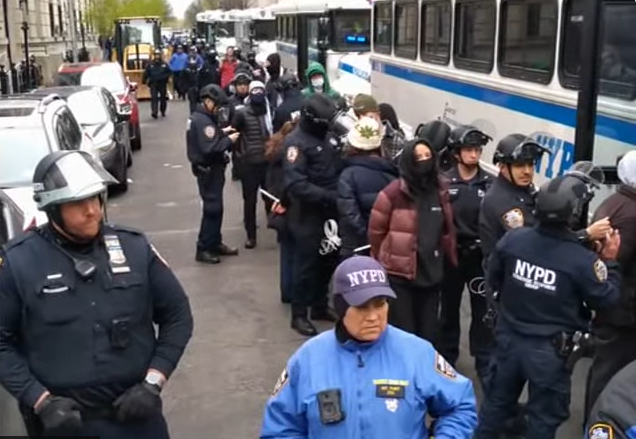Following the purging years of the Marxist-Leninist era and the continuous civil war (1975-2002), this paper argues that violence is no longer the key feature of governance in Angola: corruption is.
[Global: Angola]
On April 1, 2011, the National Assembly of Angola voted for a bill criminalizing the use of the Internet and mobile phones to send information, photographs, or text messages without the prior written consent of those mentioned in the contents. The “Law to Combat Crime in the Area of Information and Communication Technologies and of Information Company Services” establishes a maximum penalty of twelve years in prison for such violations, while online child pornography is given a more lenient maximum sentence of two years. To date, the proposed legislation is in a state of political limbo.
Two weeks later, on April 19, 2011, the National Assembly established one million US dollars as the minimum threshold investment for any individual to qualify as a private investor and receive state incentives. The rationale for the “Law on Private Investment” was that it would attract bigger foreign investments and enable Angolans to be more competitive with their foreign counterparts.
These two legal initiatives illustrate both the current state of democratization in the country and its political economy. Examining these laws is critical in addressing what has become the most defining issue in Angola, both in official discourse and for the society at-large: the untrammeled, high-level corruption in the country.
Following the purging years of the Marxist-Leninist era and the continuous civil war (1975-2002), this paper argues that violence is no longer the key feature of governance in Angola: corruption is. At a time when citizens’ demands for democratic reform, economic opportunity, and political accountability have led to upheaval in the Middle East and North Africa, both laws demonstrate the government’s response to the fundamental question of how it plans to rule Angola within this period of regime change and democratic transformation.
This paper is divided into three sections. The first section discusses the consolidation of presidential power in Angola, demonstrating that the power of the executive has been historically strengthened through the use of constitutional and legal measures. This shows that Angolan law rarely serves as a check on power, but instead is used as a tool to enable an environment of high-level corruption and impunity.
The second section introduces the proposed “Law to Combat IT, Communications and Information Society Services’ Crimes” as a case study illustrating the shrinking space of civil society and independent voices in Angola.
The third section addresses the role of the new “Law on Private Investment” in ensuring a presidential monopoly over the levers of Angolan economic power. This section will also present an overview of available legal mechanisms to combat corruption and provide a narrative of the country’s current political economy and its modus operandi in the banking and oil sectors. The expansion of private banking ventures in the country necessitates close scrutiny, as high-ranking public officials who comprise the shareholding structures of these private banks increasingly use these ventures as venues for money laundering. On the other hand, oil is increasingly central to the nation’s realpolitik. In 2010, Angola was the largest oil producer in Africa, with an estimated output of 1.9 million barrels a day. Crude oil represents more than 95% of the country’s total exports.
In conclusion, the paper reflects on the current state of governance in Angola, and what it would take for Angolans to engage in a nation-building process anchored in the separation of powers and its attendant checks and balances, as well as public accountability.
Read more at
“Speaking Truth To Empower.”











